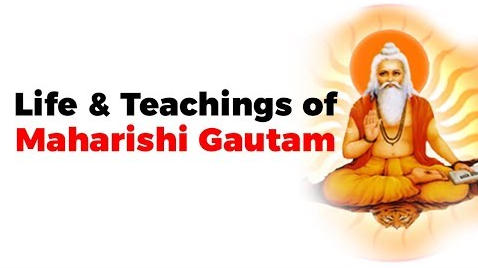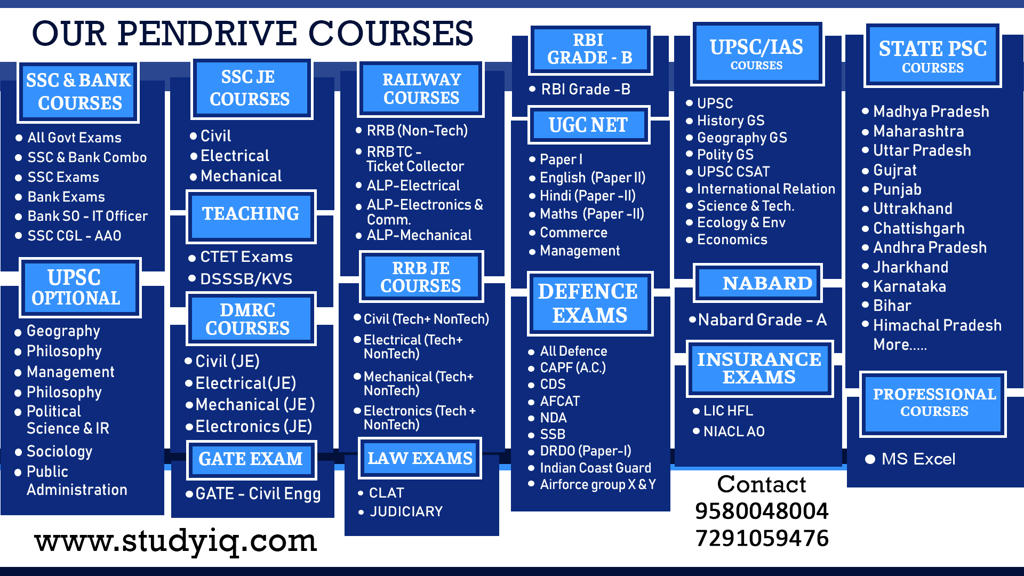Table of Contents
MAHARISHI
- The Nyaya-sutras is attributed to Gautama, who was at least the principal author and the author is also reverentially referred to as Gotama, Dirghatapas and Aksapada Gautama.
- Little is known about Gautama, or which century he lived in. Scholarly estimates, based on textual analysis, vary from the 6th century BCE, making him a contemporary of Buddha and Mahavira, to as late as the 2nd century CE.
- Some scholars favor the theory that the cryptic text Nyaya-sutras was expanded over time by multiple authors.


NYAYA DARSHAN
- The Nyaya-sutras assert the premise that “all knowledge is not intrinsically valid”, that “most knowledge is not valid unless proven” and “truth exists whether we human beings know it or not”.
- Furthermore, the text presents its thesis that knowledge is not self-revealing, man must make effort to gain knowledge and this is a systematic process that empowers one to learn correct knowledge, and abandon incorrect knowledge.
NYAYA DARSHAN
- The Nyāya sutras asserts and then discusses four reliable means of obtaining knowledge (pramāṇa).
- Pratyaksha: Perception
- Anumana: Inference
- Upamana: Comparison and analogy
- Shabda: Testimony and reliable sources
PRATYAKSHA
- The Nyayasutras assert that perception is the primary proper means of gaining true knowledge.All other epistemic methods are directly or indirectly based on perception, according to the text, and anything that is claimed to be “true knowledge” must be confirmed or confirmable by perception.
EXPLANATION
- ANUMANA
- The epistemic rationale for inference as a reliable source of knowledge, and Nyaya’s theory has been a major contribution to the diverse schools of Hinduism, and other schools looked up to Nyaya scholars for insights on correct knowledge and incorrect knowledge through inference.
- UPAMANA
- The word upamana, states Fowler, is a compound of upa (similarity) and mana (knowledge).It is a means of gaining knowledge based on “similarity, comparison, analogy“.
- SHABDA
- Śabda , in Nyayasutras, means relying on word, testimony of a reliable source. Sabda-pramana has been an accepted and reliable method to knowledge by all orthodox schools of Hinduism including Nyaya.
Biography Free PDF






















 WhatsApp
WhatsApp